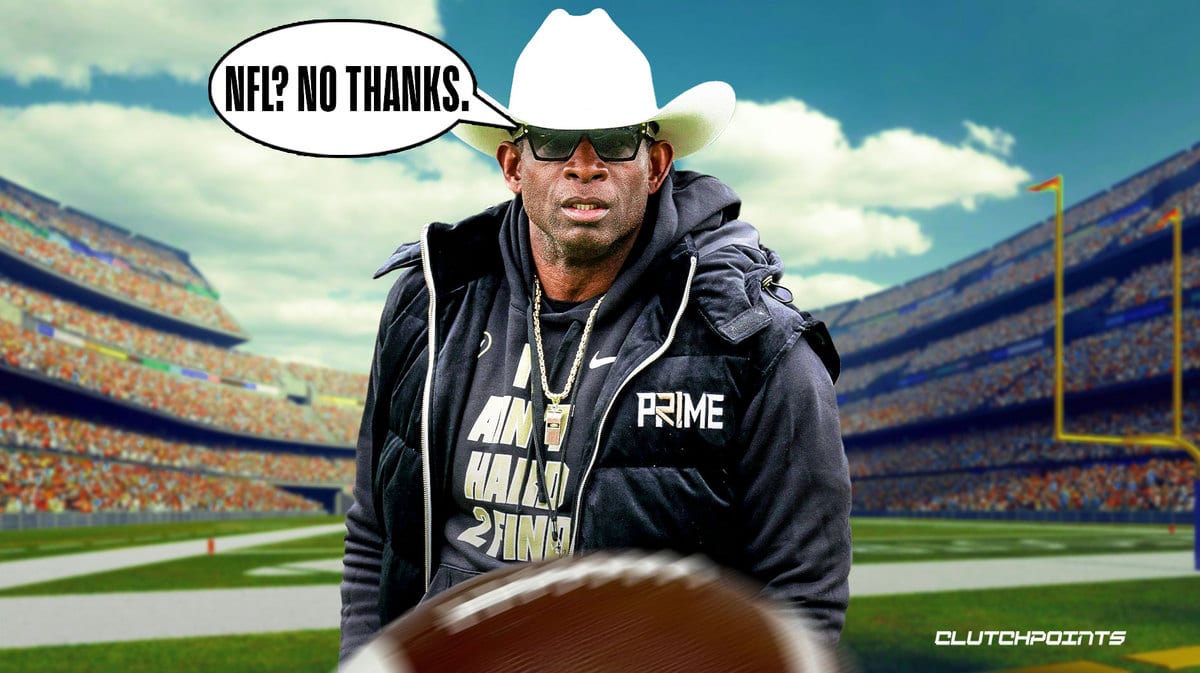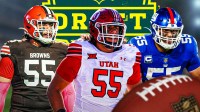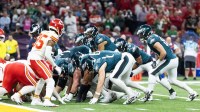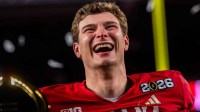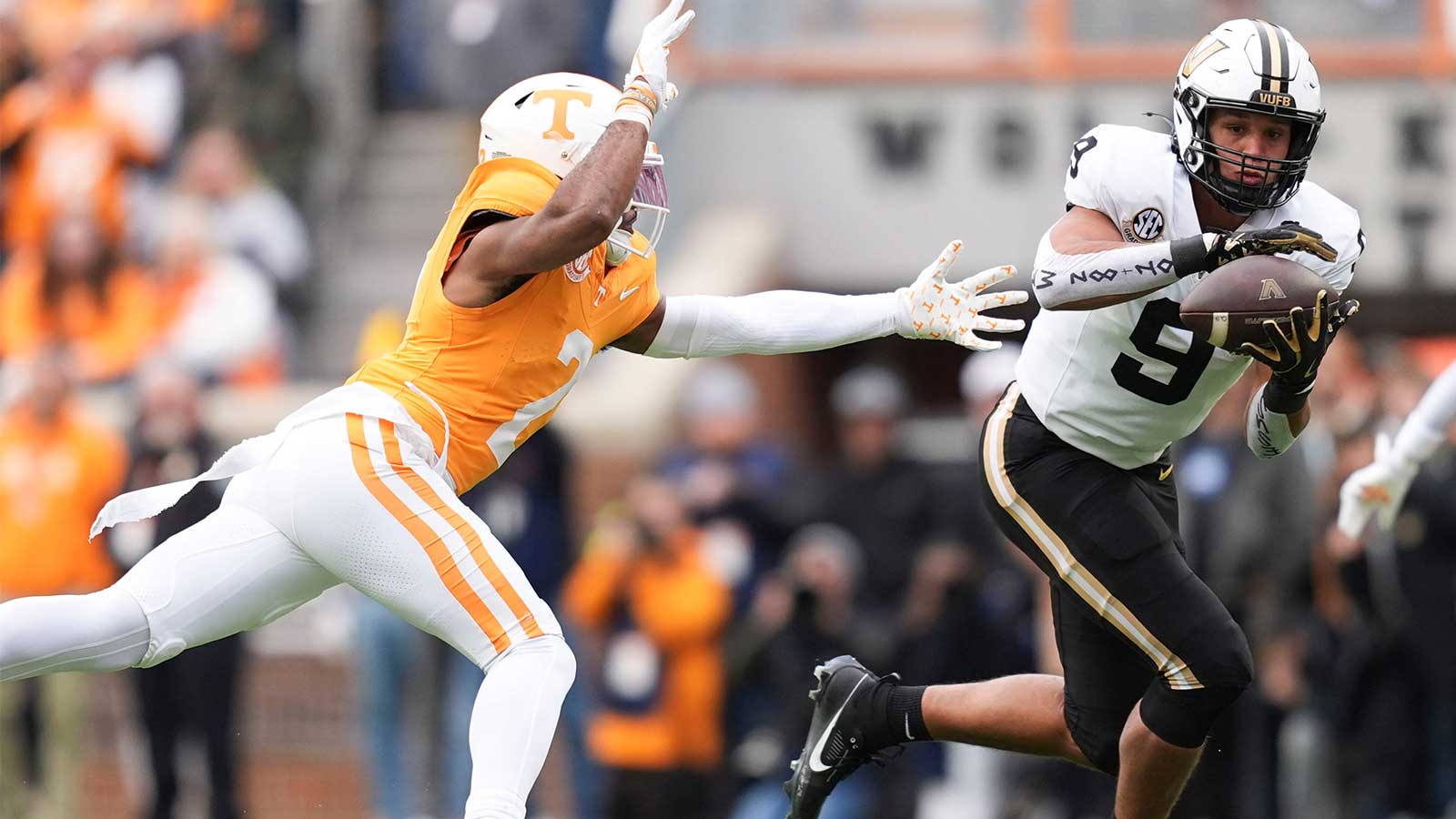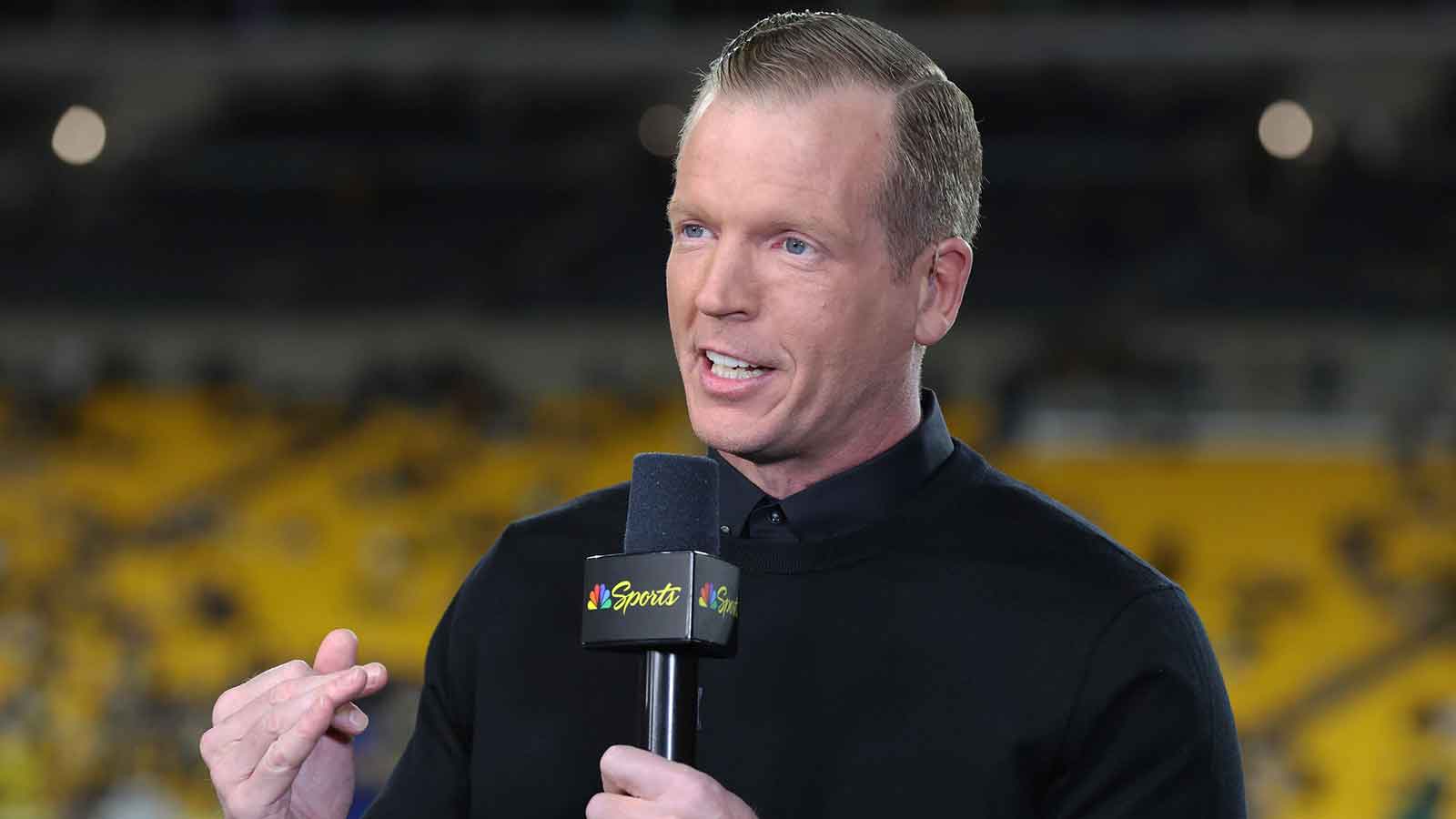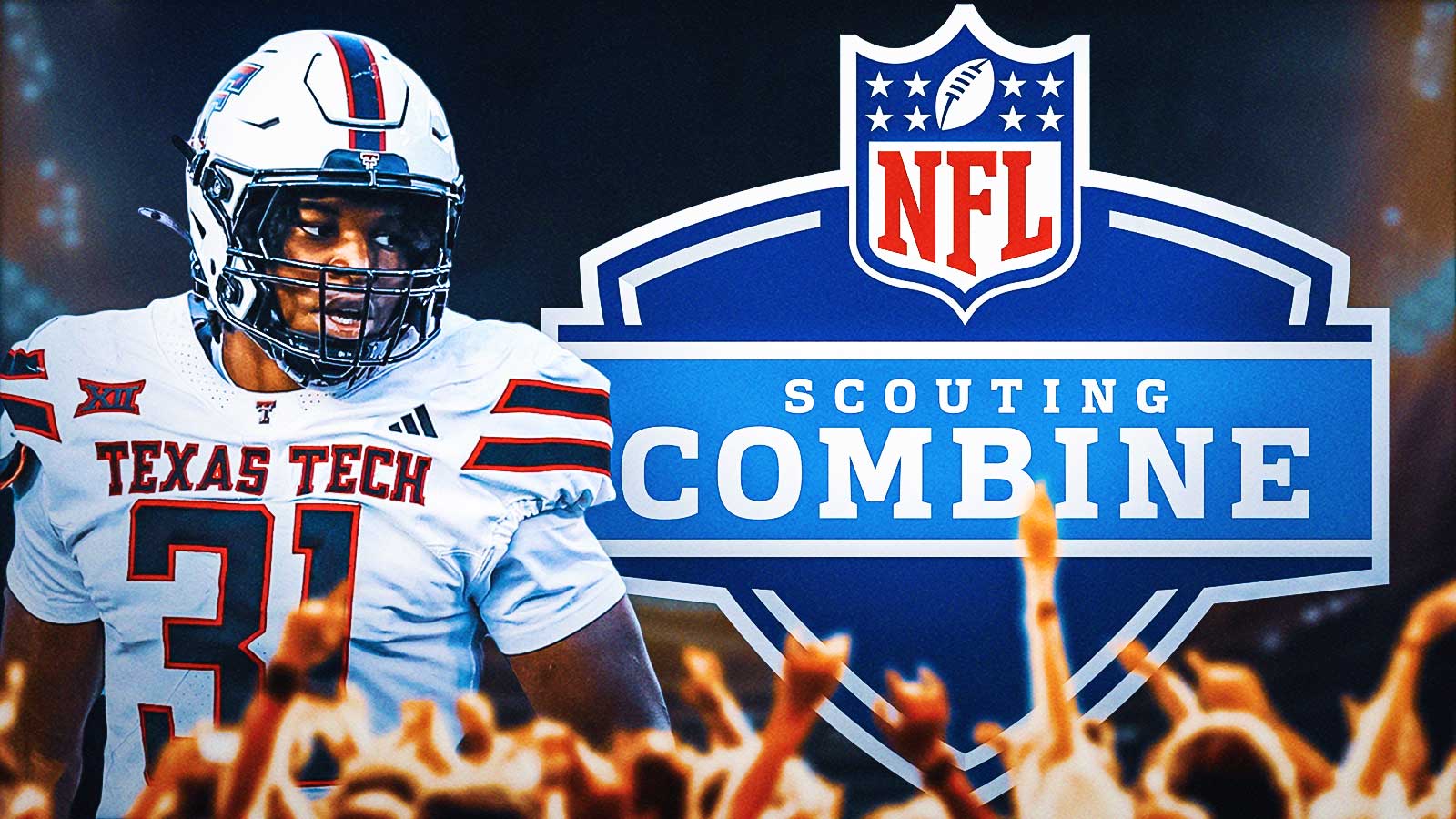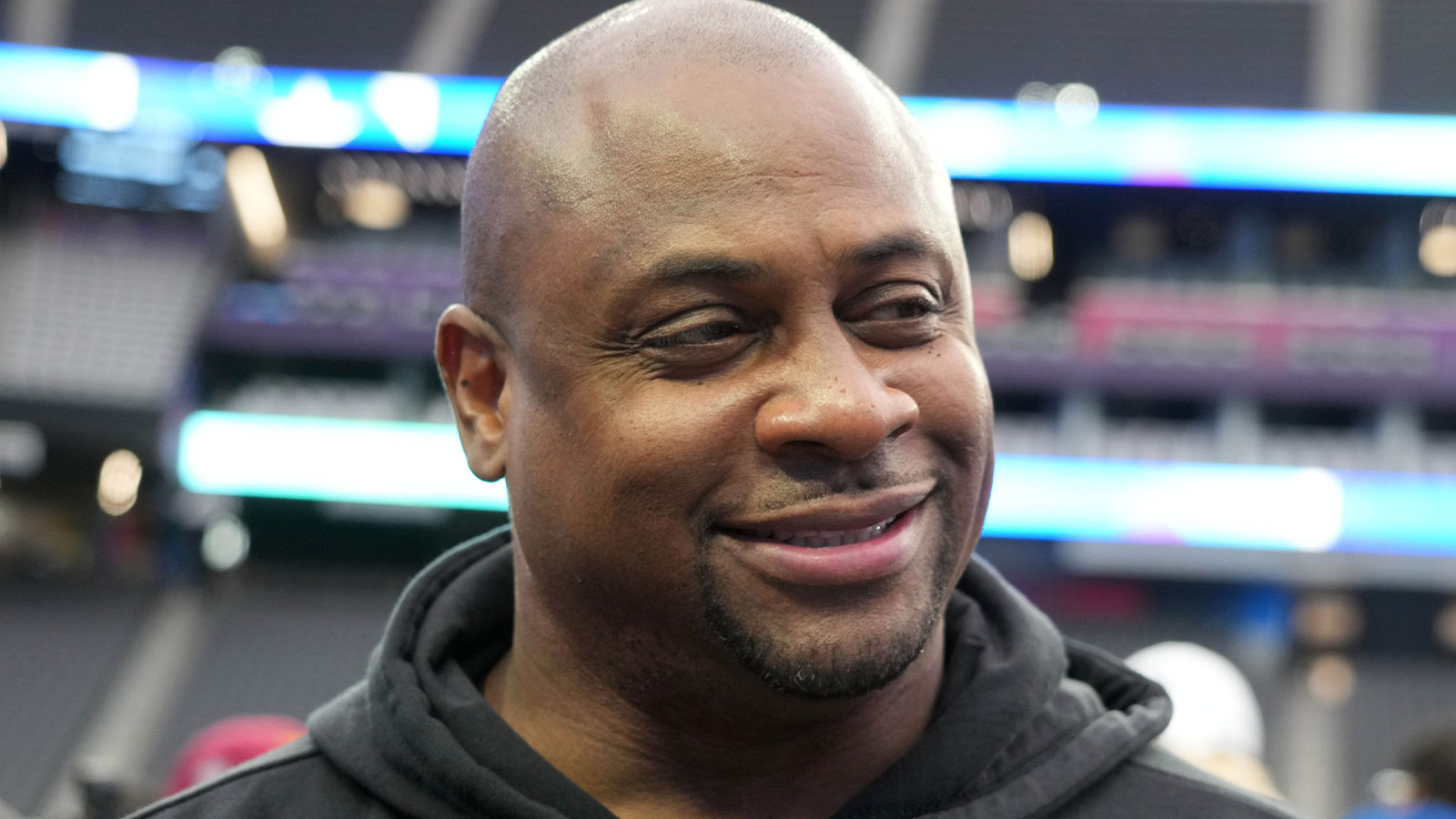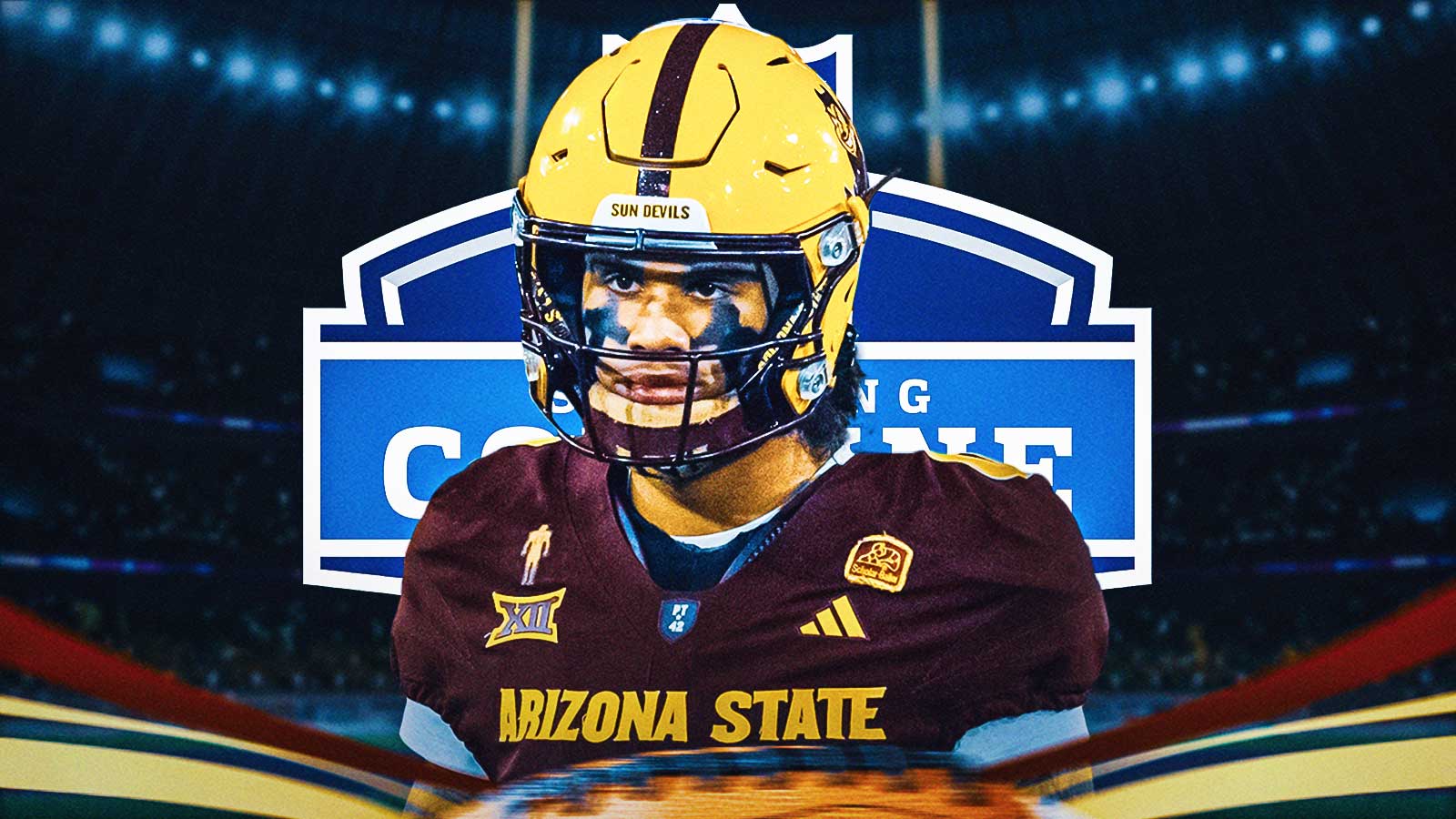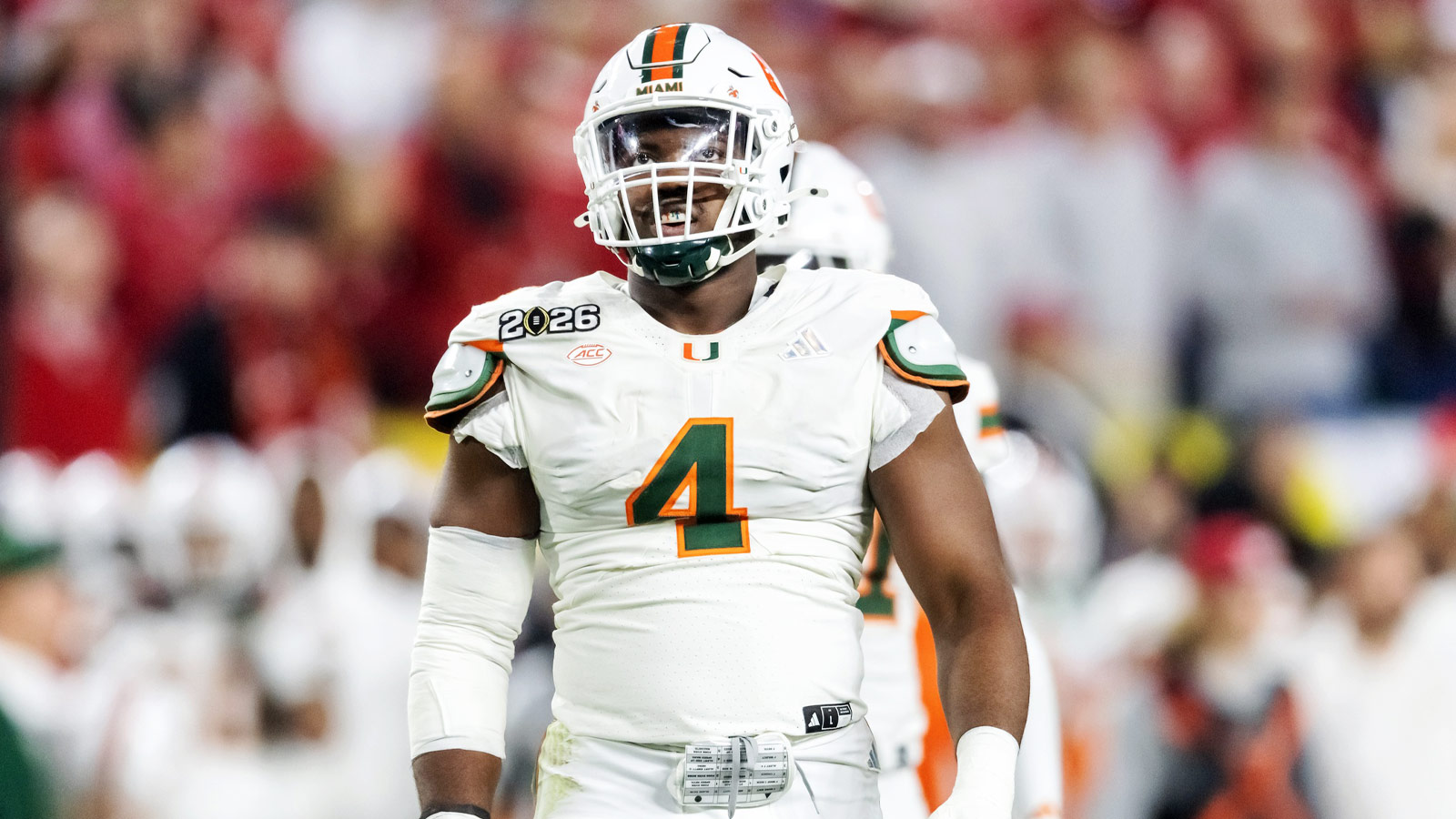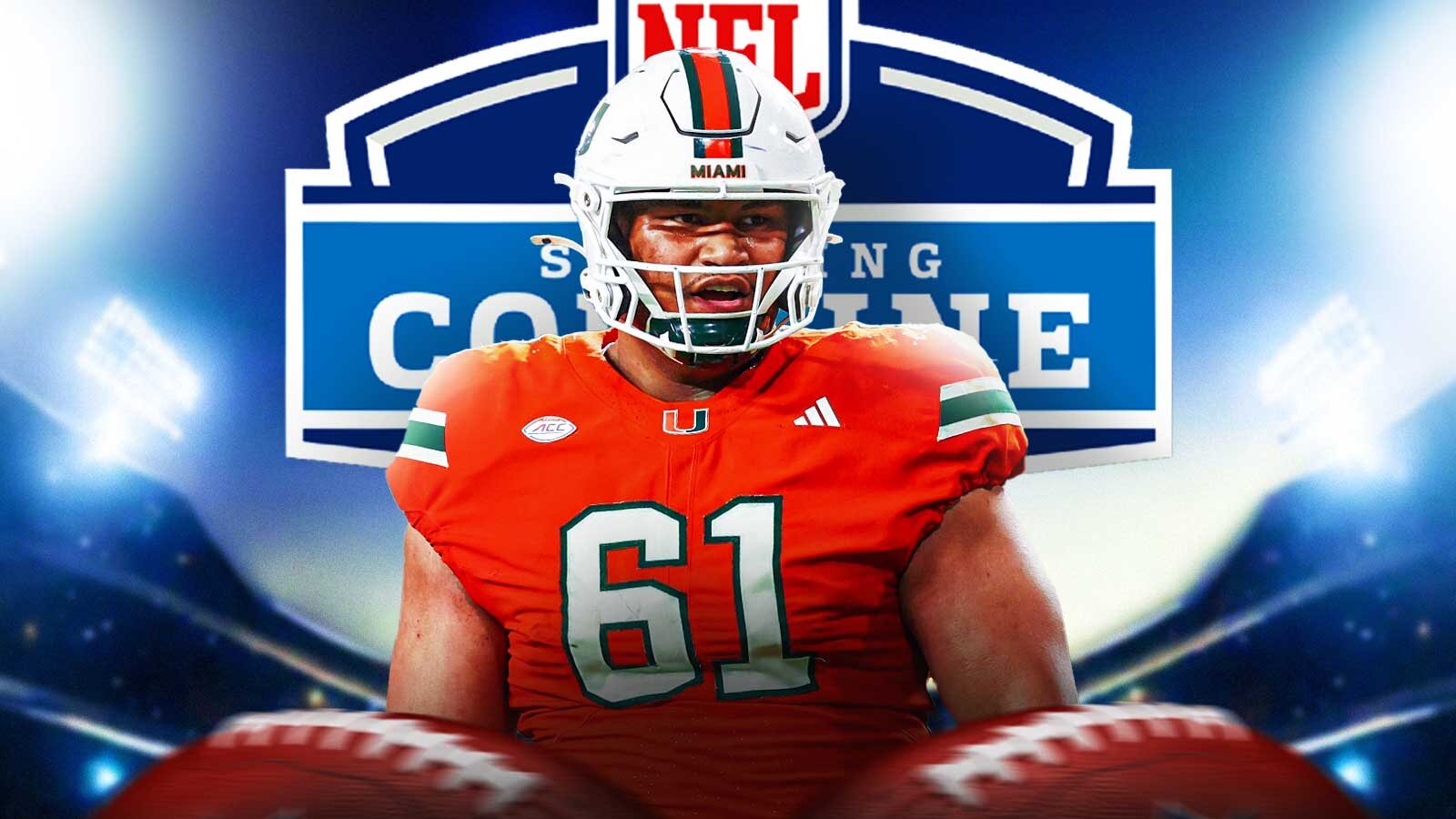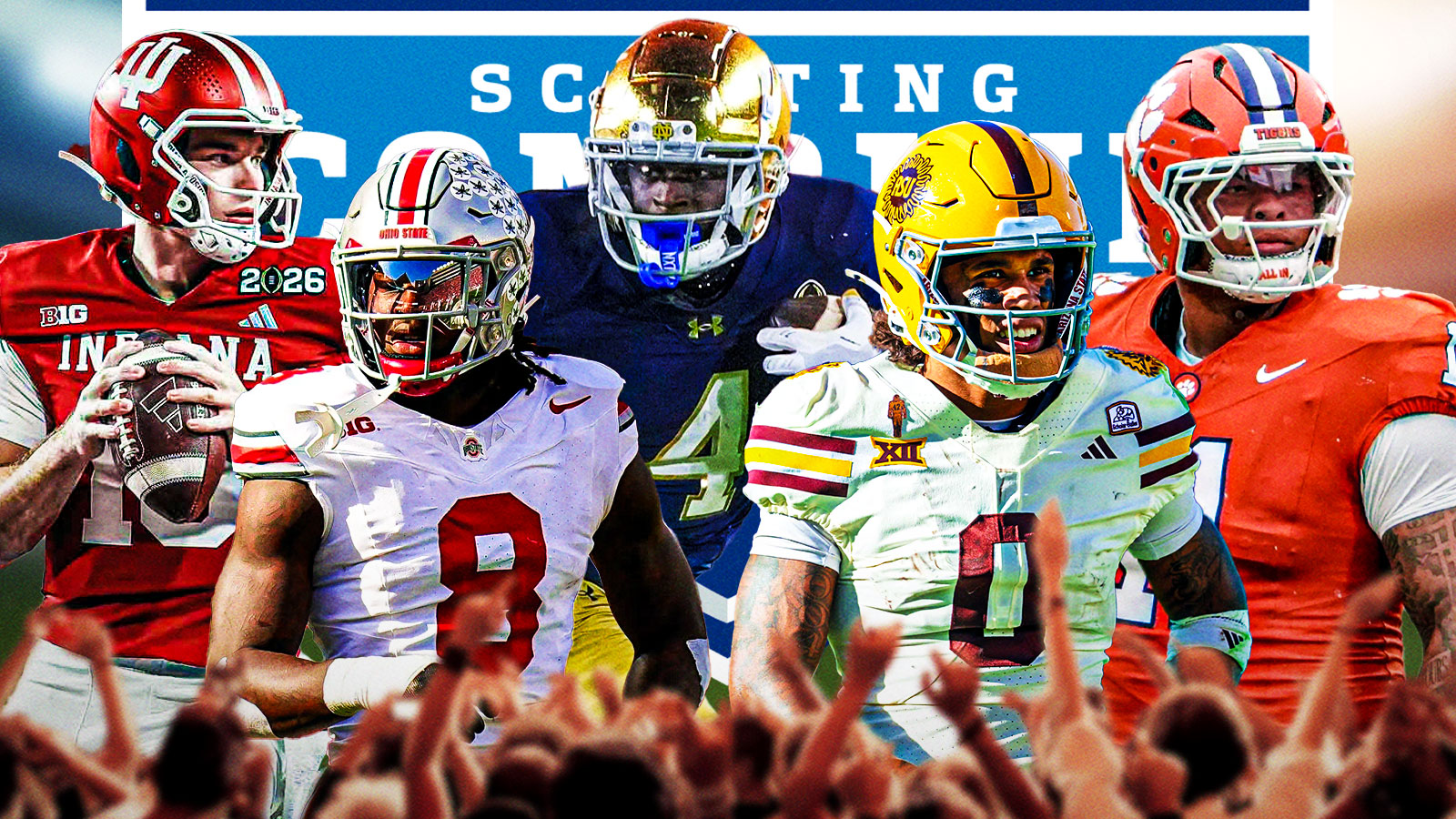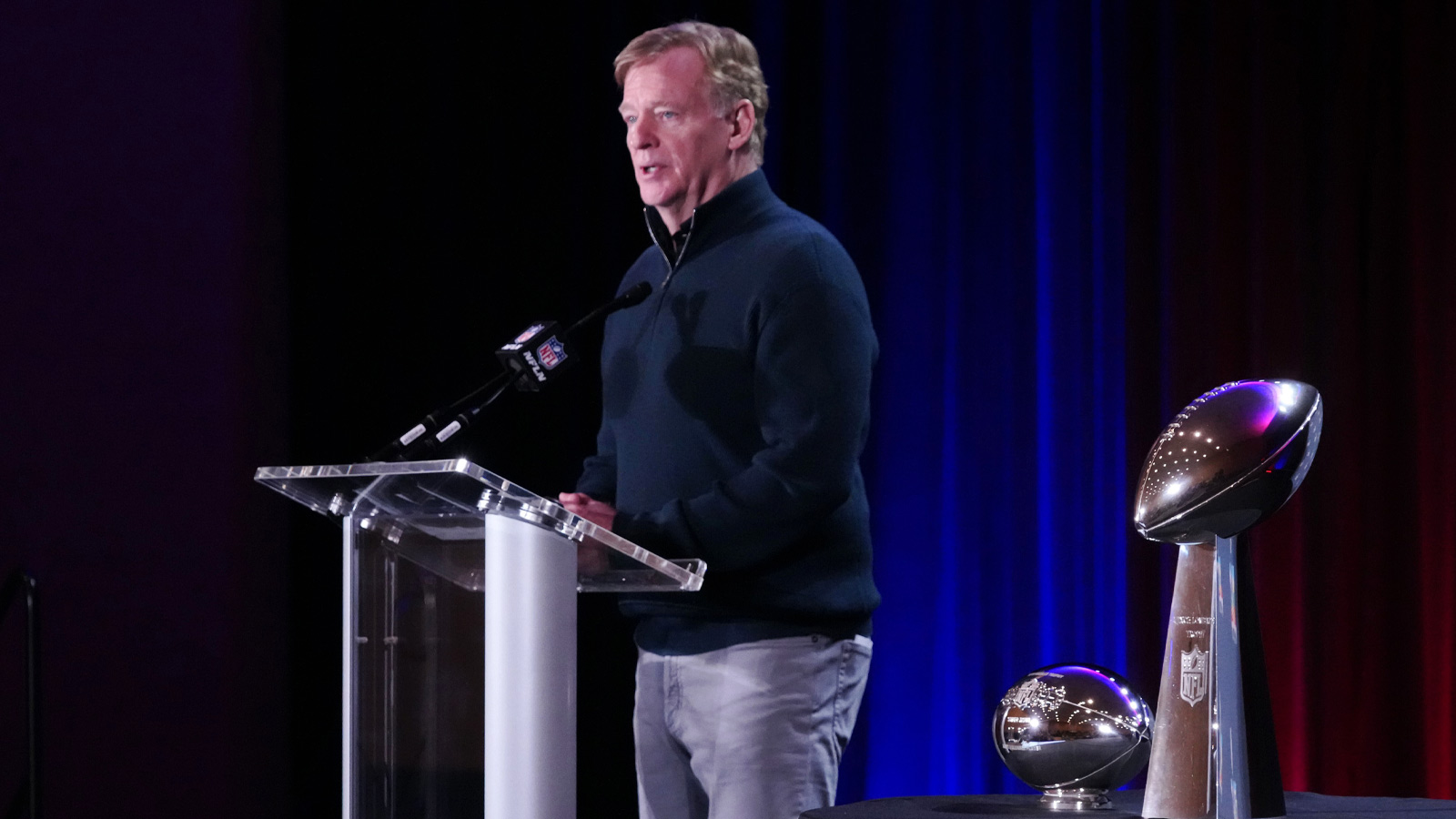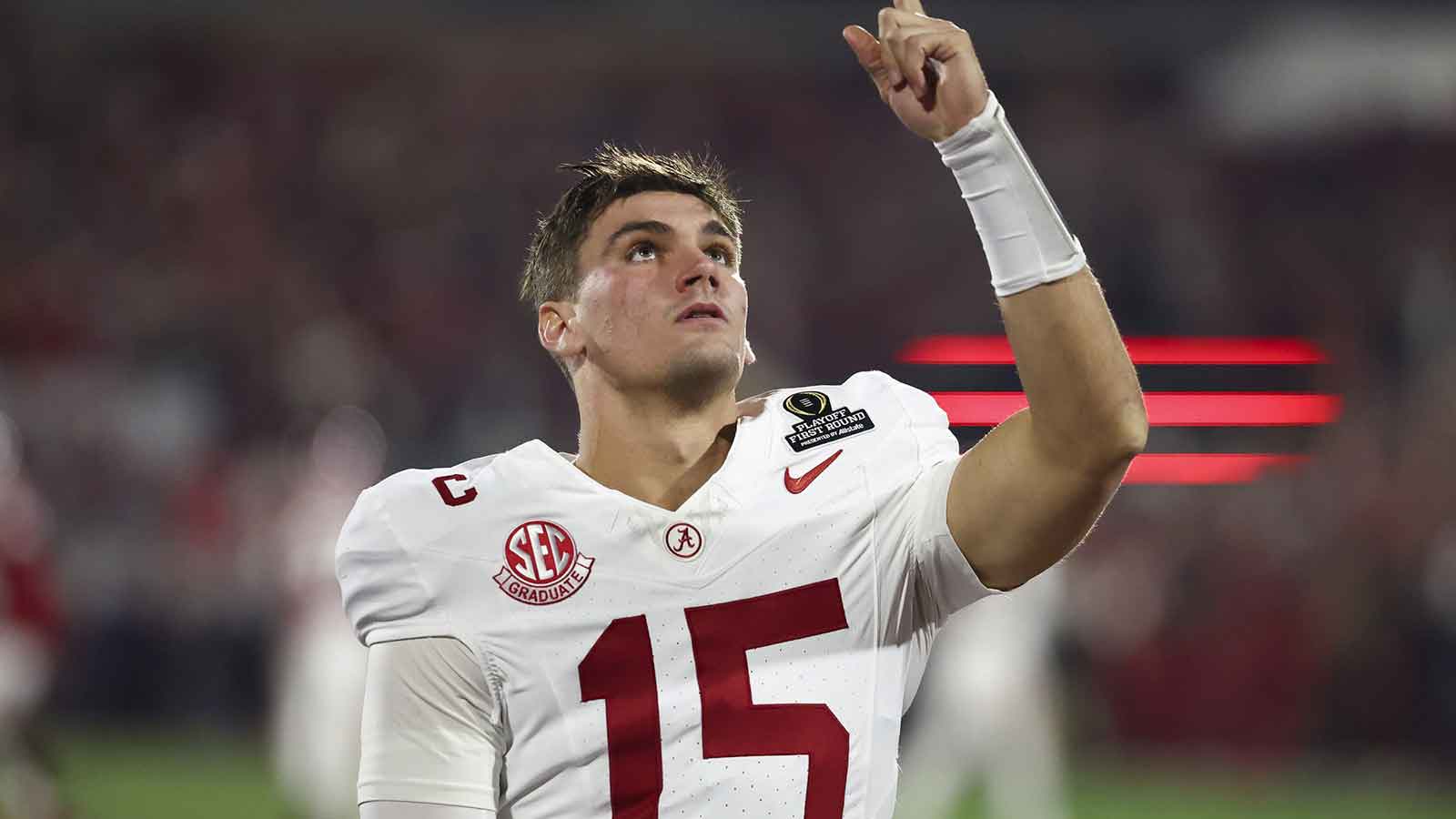Not a single player or coach as of late has garnered more attention than Colorado Buffaloes head football coach Deion Sanders. He's the most sought-out interview in all of sports media, with everyone looking for a new soundbite. And as we all know, Sanders usually isn't short of them, as he has always been quick on delivering his opinions in his own unique fashion.
Deion Sanders' honesty makes him perfect for College Football
What's been so intriguing and refreshing about Sanders is his unbridled honesty. That's something you just don't see in college or professional athletics. It's nearly as bad as politics. Honesty is one of the many areas where Sanders is setting himself apart from all the other head coaches in college football — and why he's also upsetting a lot of them. While they are looking for every opportunity to sit and scrutinize Sanders for his unique, yet rule-regulated approach to overhaul his Colorado football team this season, he's there just shrugging his shoulders and taking more of their players out of the transfer portal or in recruiting.
Looking at Sanders' approaches throughout his career, either as a player or now as a coach, it becomes evident that he is perfect for the college game. College football and Deion Sanders go hand-in-hand, which is why he's right on not having any desires to go to the NFL.
“I don't have any desire or ambition to coach in the NFL,” Sanders told SI.com.
Some might have found that surprising, but it really shouldn't have been.
Deion Sanders is learning from past coaches mistakes
The natural progression for any head coach would be that of succeeding at the college level, then eventually moving onto the NFL. But it's not always that easy. As has been seen throughout the history between college football and the NFL, there's a vast difference in coaching styles between the two leagues. For a lot of head coaches coming out of college, there's a loss of translation entering the NFL.
There are the obvious success stories of the likes of Jimmy Johnson, Pete Carroll, and Tom Coughlin, all of who eventually won Super Bowl titles. But then there are the disaster stories that are far greater.
Maybe one of the greatest disaster stories was the recent Jacksonville Jaguars project with Urban Meyer.
Meyer had retired from college football for the second time at the end of 2019, this time from Ohio State, citing health issues again, although most believed it was due the domestic abuse scandal involving his wide receivers coach. It was a complete gamble, one that Jaguars owner Shahid Khan surprised most in the league with as he attempted to make his team a contender. But of course, like most of Meyer's tenures, it ended abruptly, with another dubious scandal.
Meyer didn't even make it a whole season in Jacksonville, winning a measly two games. It was a colossal failure of an experiment for the Jaguars.
There's also the disaster of Bobby Petrino, who would probably take the top spot in this category if not for Meyer's recent debacle. While Meyer seemed out of place, Petrino defied convention by clashing with the established norms of his surroundings.
Like Meyer, Petrino couldn't even finish a season with the Atlanta Falcons, going 3-10. However, it was by his own volition, as he left the Falcons — who were already in the midst of chaos after losing Michael Vick to legal troubles — out of nowhere for the Arkansas job. This completely befuddled Falcons' owner Arthur Blank and his team, particularly after Petrino left his players a 78-word note in their lockers concerning his departure.
Then there were those that were just flat-out bad in producing wins like, Nick Saban, Steve Spurrier, and the most recent, Matt Rhule. Between the three, they were a combined 38-64 in seven seasons.
Deion Sanders has self-awareness
“I am cut a little different,” Sanders said when asked if he would ever consider coaching in the NFL, specifically for the Dallas Cowboys.
This is where Sander's honesty once again comes into play, becoming arguably his greatest strength.
Sanders self-awareness of his overall strengths, and maybe more importantly, his weaknesses, are what make him perfect for college football. It's what the coaches before him never had or understood about themselves concerning the differences between college football and the NFL.
Saban, Meyer, Petrino and others may not have had similar personalities to Sanders, but they most certainly had their similar corporate approaches in how they handled their players, which is often why college coaches have failed in their NFL transitions. All those coaches attempted to treat NFL players like college kids, threatening them as if their jobs were dependent upon their success.
Coaches like Sanders understand that having a certain level of control over their program allows them to implement their vision, strategies, and values effectively. It took Saban post the Miami Dolphins to figure this out. Others haven't been quite so lucky.
This type of control enables coaches to shape the team culture, make critical decisions, and establish a cohesive and winning environment. While ego may play a part in this drive for control, it ultimately serves as a means to produce winning programs.
Deion Sanders' personality fits college football hurdles over NFL
“I have a problem with men getting their checks and not doing their jobs. I would be too tough as a coach in the NFL because I still have those old-school attributes,” Sanders continued.
The college football landscape, while not without its challenges such as NIL regulations and the transfer portal, offers a different set of hurdles compared to the complex contract situations that plague the NFL. Sanders can focus on the development and mentorship of his players without being burdened by the intricate negotiations and financial complexities associated with the NFL.
Sanders' own experiences as a player and his understanding of the NFL dynamics may have influenced his thought process, therefore prioritizing college football coaching over any NFL aspirations. His unique journey and the lessons he has learned make him acutely aware of the challenges and intricacies of the NFL world. By staying in college football, Sanders can channel his knowledge and expertise to shape the lives of young athletes, offering guidance and instilling valuable life skills beyond the game.
Sanders' larger-than-life personality and coaching abilities make him a true pioneer in the world of college football, where else that wouldn't be the case in the NFL. He understands where he belongs, where he is wanted, and where he can have the greatest impact. College football provides the perfect stage for Sanders to thrive, allowing him to embrace his authenticity, mentor young athletes, and leave an indelible mark on the sport he loves.

